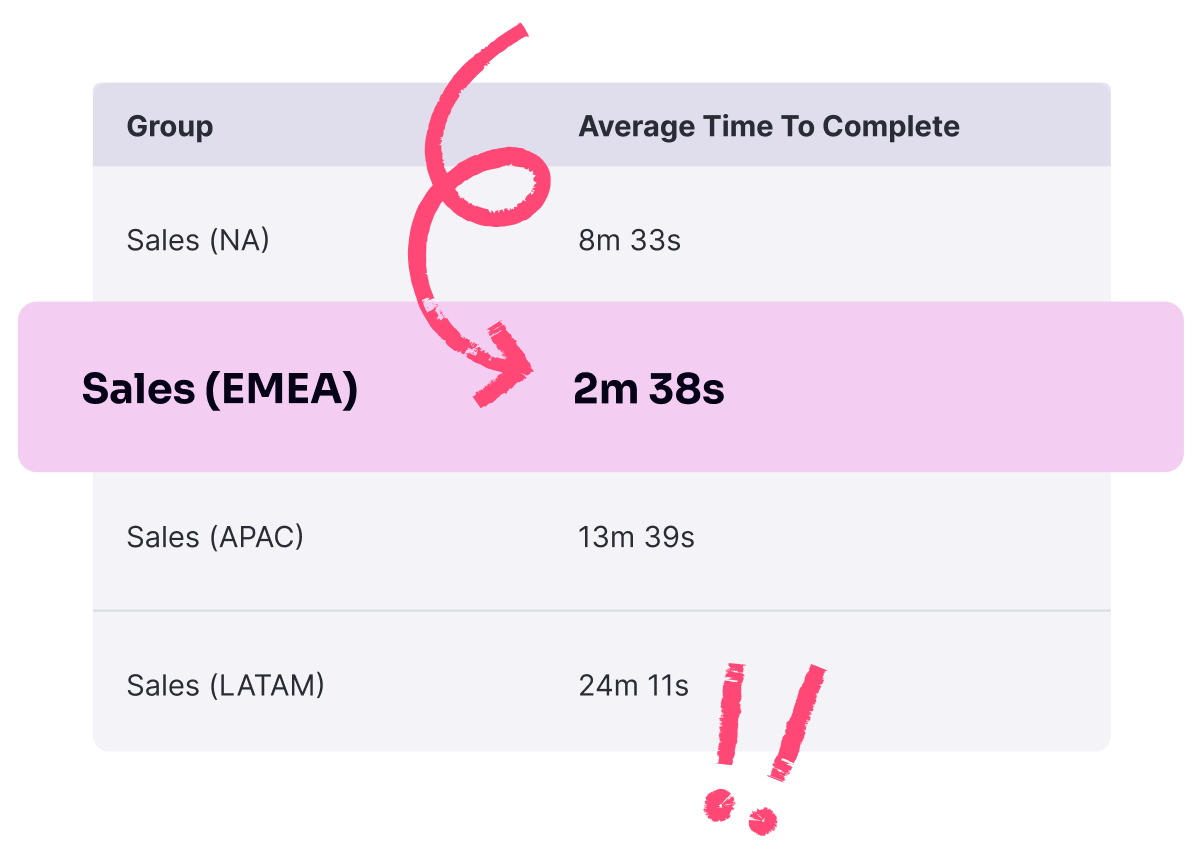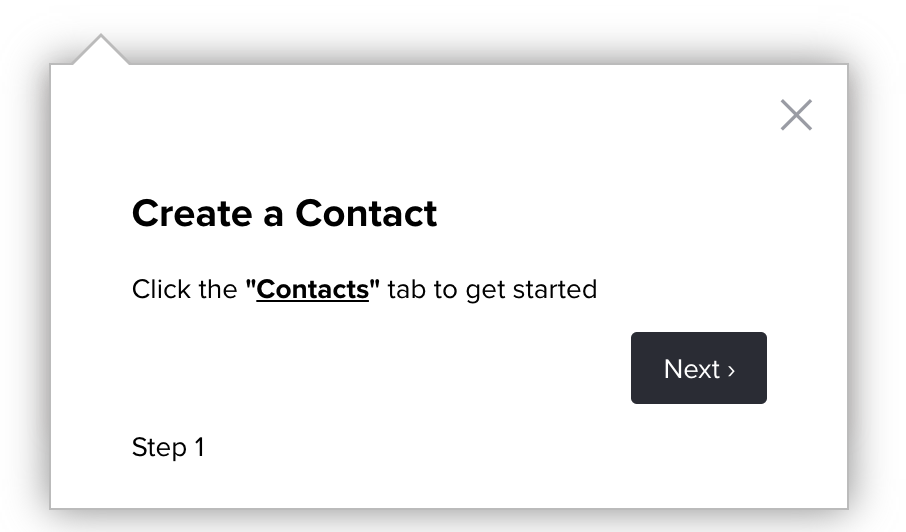With more and more experts predicting a recession on the horizon in 2023, companies across industries are hunkering down to prepare for an uncertain future. Part of that means strategizing ways to do more with less. Gone are the ambitious staff expansion plans and “growth at any cost” mindset of the recent past. Efficiency is now the name of the game, and the companies that use the downturn we’re in to build a stronger, leaner business model are the ones that will come out on top.
Nowhere is this need for greater efficiency more apparent than in sales teams, who face a difficult selling environment amidst the tough economic headwinds. The fact that companies are freezing or cutting budgets compounds the challenge, adding pressure and urgency to deliver real results.
Amidst the uncertainty, the most forward-thinking revenue operations (rev ops) teams are stepping up and answering the call. Aware of this need for change, they’re harnessing the power of Pendo to help drive more efficient processes, helping the sales reps they support become more efficient, close more deals, and strengthen their companies’ business.
Why processes drive productivity
When it comes to productivity, the best rev ops teams know that process trumps people. In other words, the right mindset is not to think about individual performance per se, but on the efficiency of the processes and how empowered employees feel in executing them. This is how rev ops done right helps sales teams thrive.
Using Pendo, rev ops teams can drive a transformation in sales effectiveness by improving how work happens. This starts with understanding how sales works today. Using Pendo’s robust analytics, teams can survey, for example, the sales prospecting process, which like most work processes takes place across multiple apps. Sales teams may be starting the process using a product like LinkedIn Sales Navigator and ending by creating new contacts in a CRM such as Salesforce. Whatever the specific apps used or steps taken, revenue ops teams can leverage Pendo to create a view starting with the first app in the process and ending with the final one to see if and how employees are completing it.

Armed with this data, teams can both validate that a given process needs improvement and understand the ways in which to make it better. Segmented by different offices or regions, for example, analytics may show that certain sales teams are completing a process more often or much quicker than others. It could also show that employees are consulting apps not considered part of the process in the middle of their user journey—for example, an internal wiki page that contains documentation for how to complete the process—indicating a point at which to provide support.
Timely, relevant support boosts sales confidence and productivity
Using Pendo, rev ops teams can turn their analytics-driven insights into actions by creating in-app guides to deliver the right support to the right people at the right time. To take the above example, teams can target either specific sales reps by geography (whichever office is taking the longest to complete the process) or behavior (sales reps consulting an internal wiki to get clarity on how to complete the process) with a guide outlining the path to complete the process that will accompany them across the apps they use and meet them where they are.

Rev ops teams can test the effectiveness of their guides, letting them run for a few weeks before returning to Pendo’s analytics to examine the results. If more sales reps are completing the process, doing so faster and/or without navigating to the wiki for answers, then they’ll know it’s working and can take additional steps to further optimize with new data.
The economic future may be uncertain, but revenue ops teams are best suited to help their fellow employees be more productive, efficient, and ready for anything.
Want to learn more about how Pendo an help make your organization more efficient? Schedule a custom demo today.


